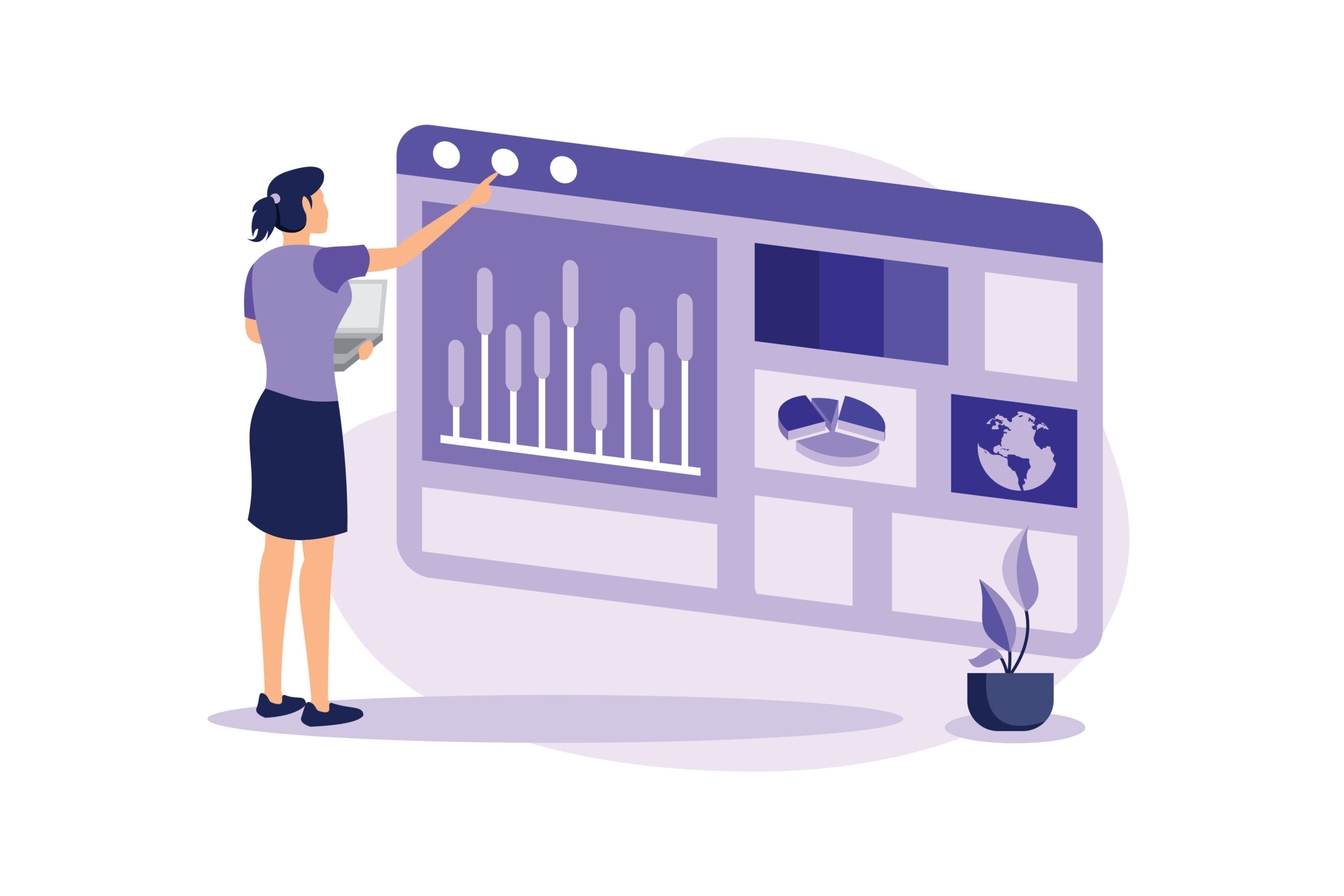In the digital age, marketing strategies are increasingly driven by data. Data-driven marketing (DDM) leverages analytics to make informed decisions that optimize campaigns, enhance customer engagement, and increase returns. This approach contrasts sharply with traditional marketing methods, which rely on intuition and generalized strategies. Below, we explore the significant advantages of data-driven marketing, illustrated with relevant statistics.
1. Enhanced Customer Insights
Data-driven marketing provides deep insights into customer behavior, preferences, and trends. By analyzing customer data from various touchpoints, companies can create detailed customer personas and tailor their marketing strategies accordingly. According to multiple reports organizations that leverage customer behavior insights outperform peers generally by 85% in sales growth and more than 25% in gross margin.
2. Improved Personalization
Perhaps the most striking advantage of data-driven marketing is its capacity for personalization. By understanding individual customer needs and behaviors, brands can deliver highly personalized messages and offers, leading to better customer experiences and increased loyalty. Surveys indicate that 80% of consumers are more likely to purchase when brands offer personalized experiences.
3. Optimized Marketing Spend
Data-driven marketing enables companies to allocate their budgets more effectively. By analyzing the ROI of various channels and campaigns, marketers can invest more in high-performing strategies and cut costs on less effective ones. According to the Data & Marketing Association, businesses using data-driven targeting are seeing up to 5-8 times the ROI on marketing spend.
4. Enhanced Responsiveness
The agility provided by data analytics allows companies to respond quickly to market changes or customer feedback. Real-time data analysis helps adjust campaigns on the fly, improving their effectiveness and relevance. Companies that inject data and analytics into their operations show productivity rates 5-6% higher than their peers.
5. Increased Customer Retention
Data-driven marketing not only helps in acquiring new customers but also plays a crucial role in retaining existing ones. Marketers can identify at-risk customers and proactively implement retention strategies by analyzing customer activity and engagement data. Implementing predictive analytics for customer retention can increase customer lifetime value by 25%, according to a Bain & Company study.
6. Improved Cross-Selling and Upselling
With a comprehensive understanding of customer purchase histories and preferences, data-driven strategies enhance the effectiveness of cross-selling and upselling efforts, leading to increased sales. A Gartner study found that data-driven marketing strategies can increase profitability by 15-20% when effectively implemented.
7. Accurate Measurement and Reporting
Data-driven marketing provides precise measurement and tracking of campaigns, allowing clear visibility into what works and what doesn’t. This accountability means that strategies can be refined and optimized over time. According to a Forbes report, companies that emphasize data-driven marketing are six times more likely to be profitable year-over-year.
Conclusion
Data-driven marketing transforms intuition-based strategies into informed decisions, leveraging robust data analysis to propel marketing efforts toward measurable success. The ability to tailor marketing efforts based on real-time data not only maximizes ROI but also enhances customer satisfaction and loyalty. As the digital landscape continues to evolve, adopting a data-driven approach in marketing strategies becomes not just advantageous but essential for businesses aiming to thrive in a competitive market.







